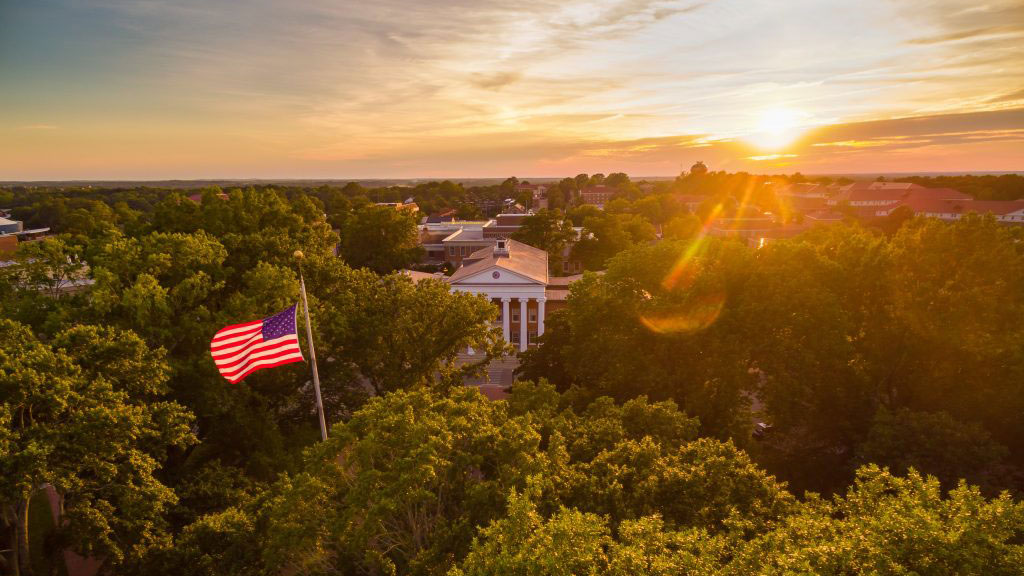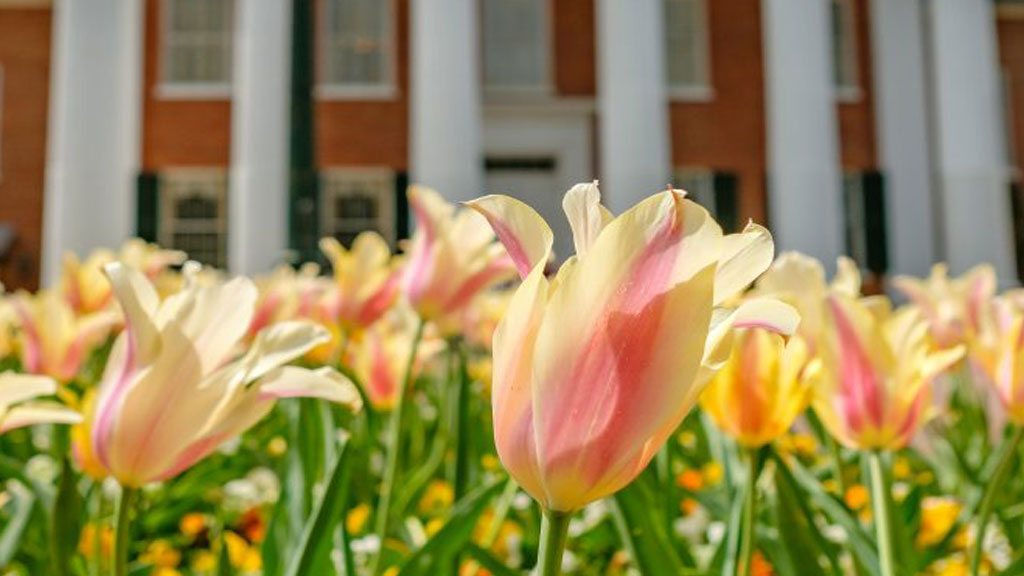Grateful for the opportunities, Ajah Singleton weathers multiple challenges to excel in Honors College.
With her bright smile and signature dimples, Ajah Singleton enters into spaces with intentionality and curiosity.
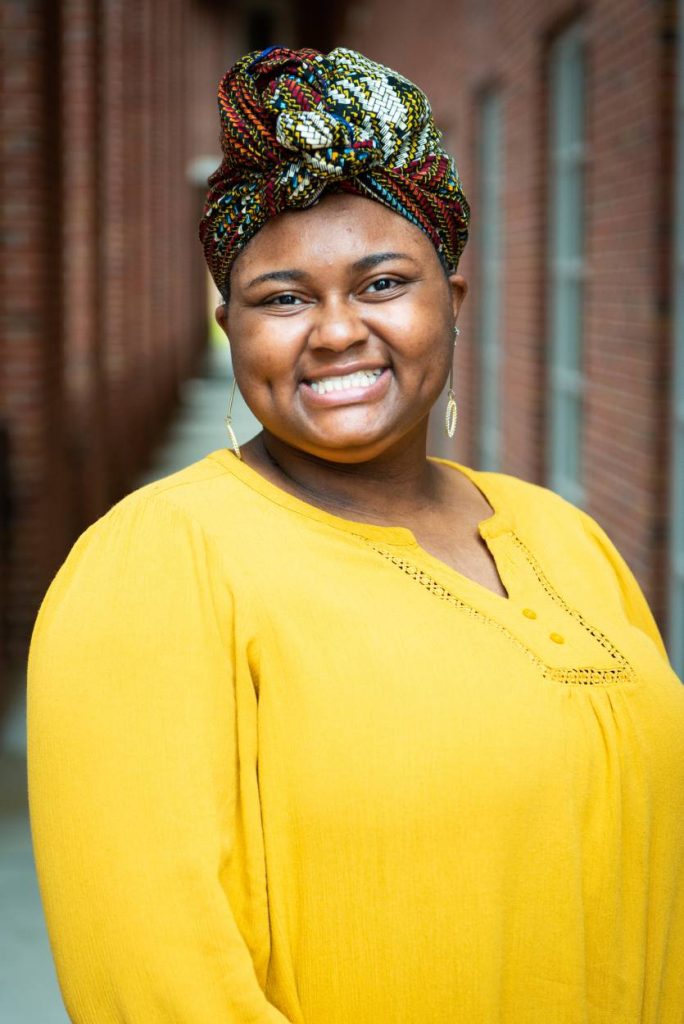
Graduating from Raymond High School in 2018, Singleton decided to leave her small hometown of Edwards – population: 756 – to pursue higher education at the University of Mississippi. She aimed to push herself and step out of her comfort zone, and she “wanted to be close to home but experience a diverse environment.”
The Annexstad Scholar and member of the university’s Sally McDonnell Barksdale Honors College is set to receive her bachelor’s degree in management with a health care emphasis, and Singleton intends to use it to make health care “more equal and equitable for vulnerable, low-income populations in Mississippi.”
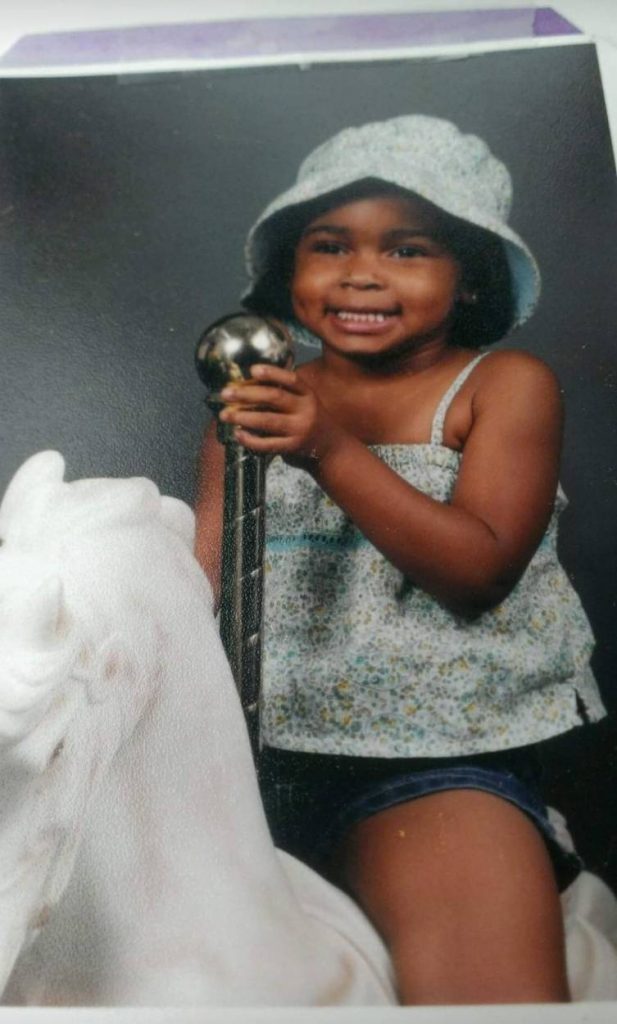
Singleton’s professional aspirations originate from personal experiences.
“Taking care of my mom and my stepfather motivated me into pursuing health care management,” she explained. “Making medical decisions and interacting with entities such as hospitals, health insurance companies, Social Security and disability advocates was difficult and traumatizing for me as a teenager.
“I had no knowledge of how these systems operated and I wanted to be able to help my family.”
Coupled with her firsthand knowledge of navigating health care systems, Singleton has researched a facet of the state’s health care system for her honors thesis, “Contributions Community Health Centers in the Delta Have Made During the Pandemic and Their Future.”
Her thesis adviser, Paul Johnson, associate dean of the School of Business Administration, associate professor of management and the Thomas Colbert Lecturer in Entrepreneurship, is proud.
“Ajah has been a pleasure to advise,” Johnson said. “Her work on the response to the COVID-19 pandemic by community health organizations in the Mississippi Delta has been inspired.
“Between the interviews with health care administrators at these organizations and the academic research on the challenges of rural health care, she’s put together an insightful and interesting thesis about the state of health care in the Delta and potential paths toward improvement. I look forward to seeing what she does in health care management after graduation.”
Indeed, one of Singleton’s first goals is to secure full-time employment and health insurance for herself and her mom.
… she’s put together an insightful and interesting thesis about the state of health care in the Delta and potential paths toward improvement. I look forward to seeing what she does in health care management after graduation.”
Paul Johnson, associate dean of the School of Business Administration,
Before her first semester at Ole Miss, Singleton’s stepfather died and her mother’s health declined. Rather than dive into the social scene, Singleton submitted applications for part-time jobs, and over the past four years has worked as a barista at Starbucks, as a suite attendant for football games and in retail at Kohl’s, Marshalls and the Dollar Tree.
Between work shifts and studying, she has driven back and forth from Oxford to Edwards to help her mom.
Nevertheless, Singleton smiles.
Her hard work is paying off. To boot, she’s managed to find a community of thoughtful peers and has advice for any student hesitant to reach out to others.
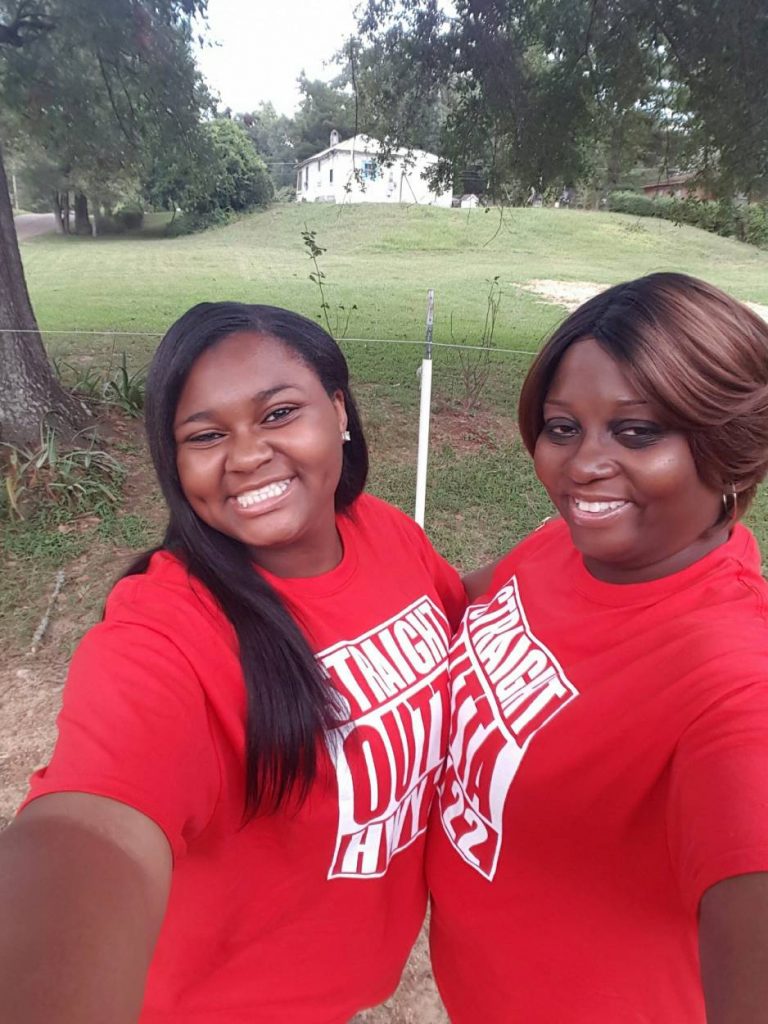
“To me, community is when you find a group of people that you are comfortable with and you can relate to one another without concern or judgement,” Singleton said. “I found my pockets of community within the Honors College. HoCoMEC (Honors College Minority Engagement Council) was where I met many of my friends.
“If I could give any advice to an incoming freshman, I would say to become involved when you first arrive on campus. Just show up to events and see what happens. Imposter syndrome may be your biggest enemy while you’re here, but you wouldn’t have gotten this far if no one saw any potential in you.”
“If I could give any advice to an incoming freshman, I would say to become involved when you first arrive on campus. Just show up to events and see what happens.”
The Annexstad Family Foundation and the Honors College saw potential in Singleton from the beginning. The Annexstad Family Foundation helps “exceptionally promising students from extraordinarily challenging backgrounds lay the foundation for careers of remarkable achievement and contribution to America.”
And before they even met Singleton, the Honors College admissions committee knew Singleton was special, as she demonstrated in her application how she made the most out of a difficult environment. They sensed Singleton’s determination and joy in enduring and overcoming obstacles.
Many firsts occurred for Singleton and the Honors College in the last four years.
She is the only honors student to have presented three times at the annual National Society for Minorities in Honors, or NSFMIH, conference, and she continued to provide leadership for the Honors College Minority Engagement Council through challenges brought on by the pandemic.
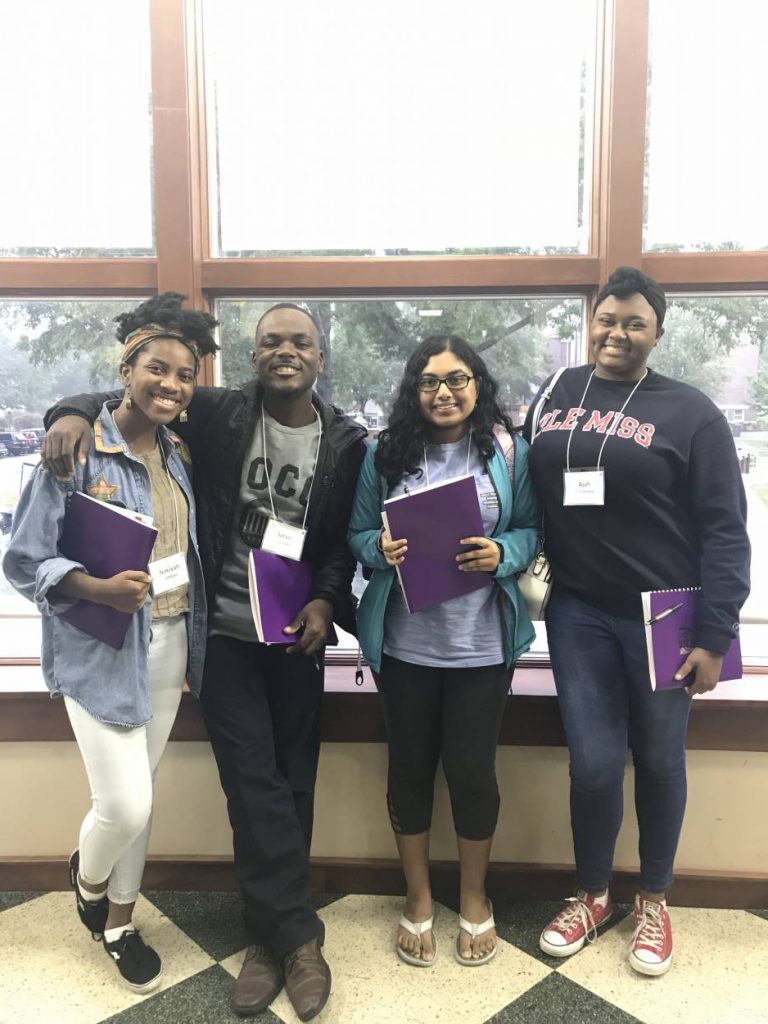
It’s no wonder the Honors College has asked Singleton to welcome her peers at this year’s Honors Commissioning Ceremony on May 4.
For Singleton, her firsts include trying Indian food – and loving it – along with having a roommate, Abigail Sipe, also graduating from the Honors College this spring, whom Singleton says was a “really great” first roommate. Singleton also took her first airplane ride, traveling from Memphis to Indianapolis to present at the NSFMIH conference.
Even when the trip was derailed multiple times, Singleton took it all in stride, shrugged her shoulders and smiled. She was simply grateful for the opportunity.
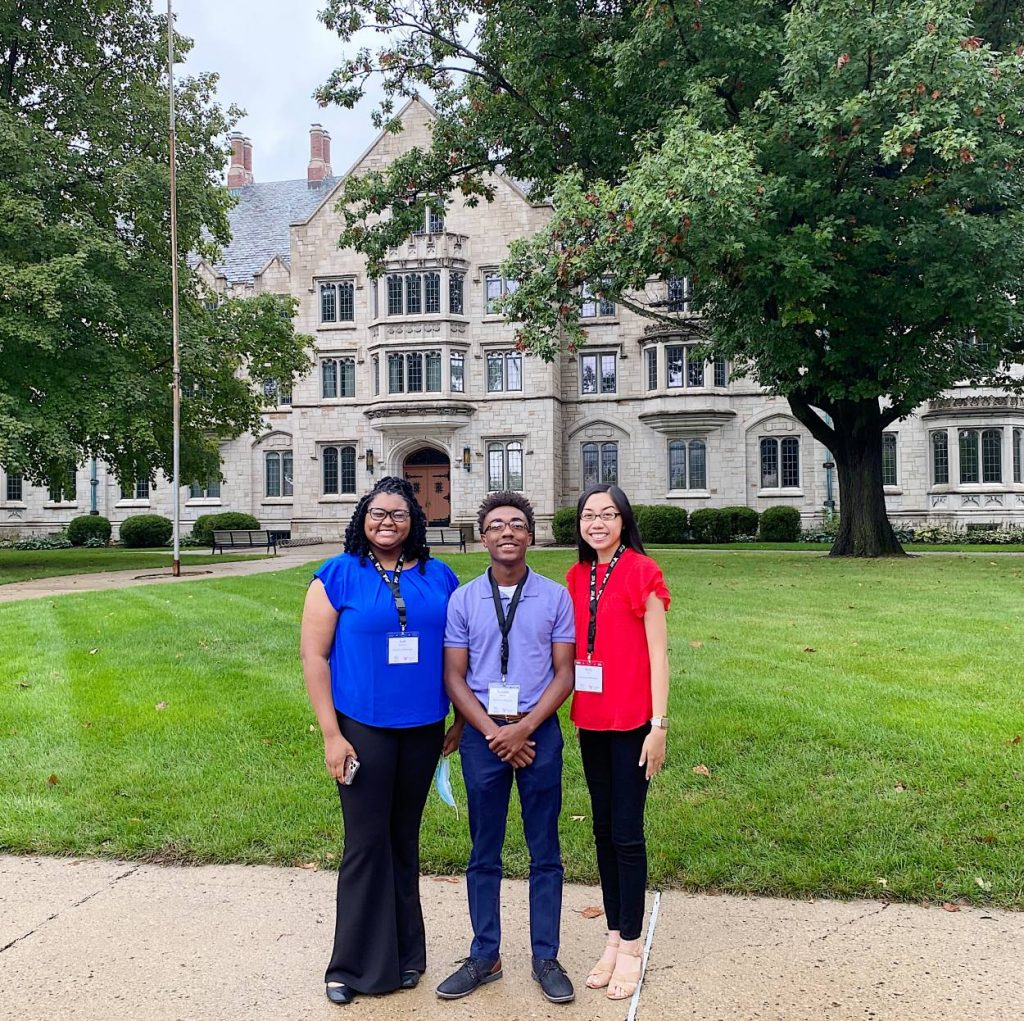
When she reflects on how caring for family and working multiple jobs has affected her time at Ole Miss, Singleton considers it all worthy.
“I think that my UM experience has given me challenges and opportunities for growth,” she said. “Sophomore year was really challenging, navigating COVID-19 and caring for my mom. I’ve had some tough decisions to make.
“But I do think I’ve become aware of my feelings and how to articulate them. I have learned to set boundaries and how to communicate effectively both at home and at work.”
No one will hear Singleton comparing herself to anyone else, and despite challenges and setbacks, she never misses a daily dose of humble pie.
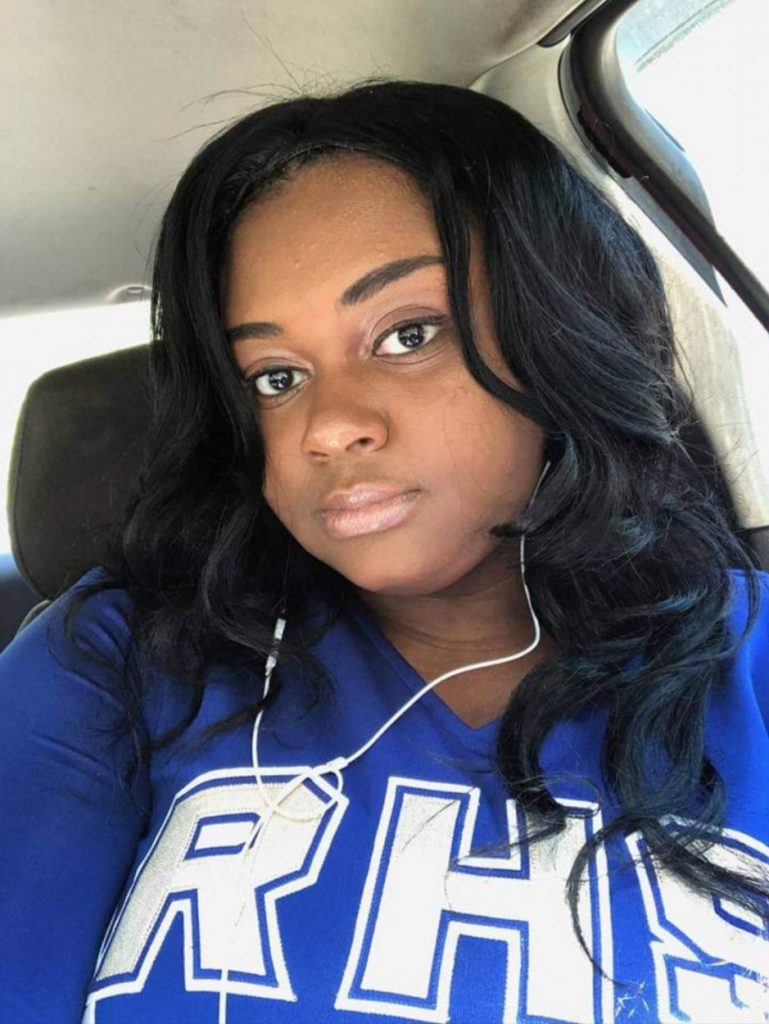
“I would like to thank my family for being patient with me,” she said. “Now that I’m graduating, I’m feeling a bit relieved and optimistic about the future.
“I do not have it together still, but I’m working on it.”
By Jennifer Parsons, Honors College

